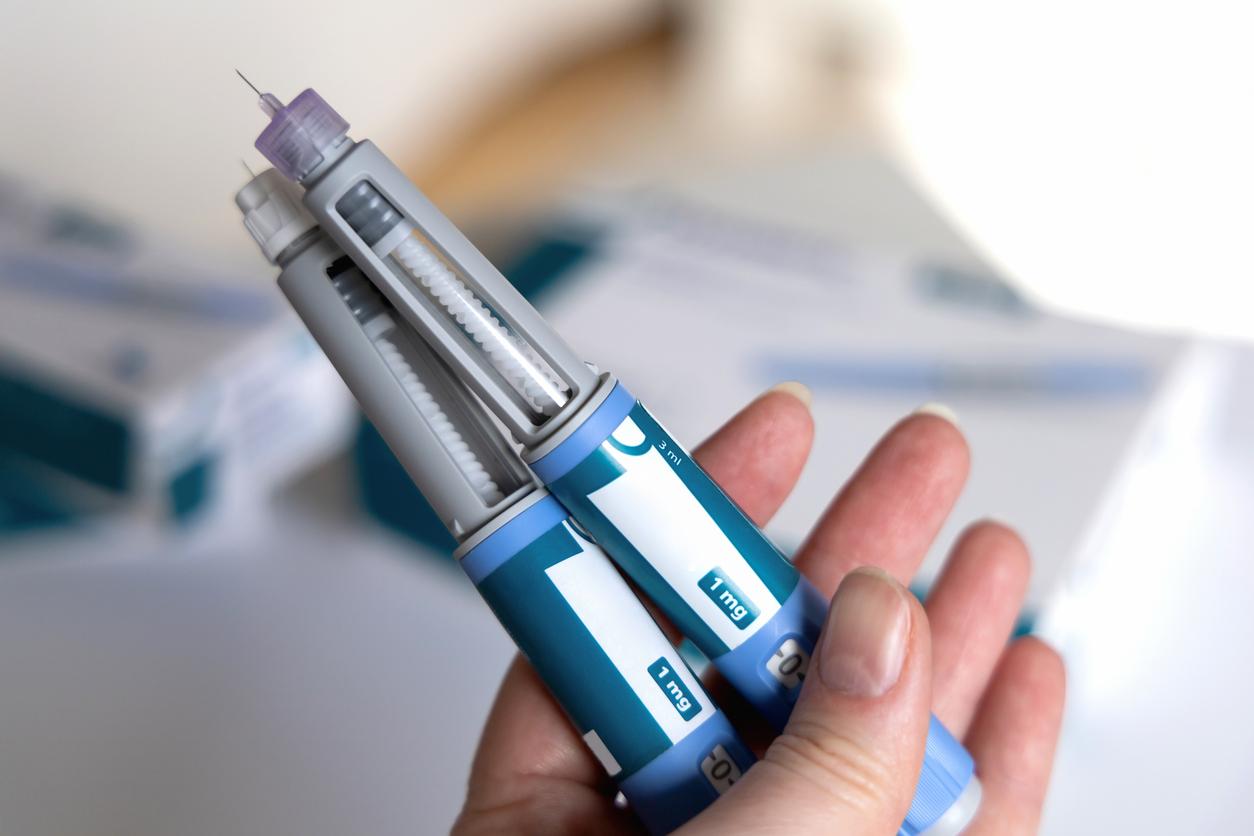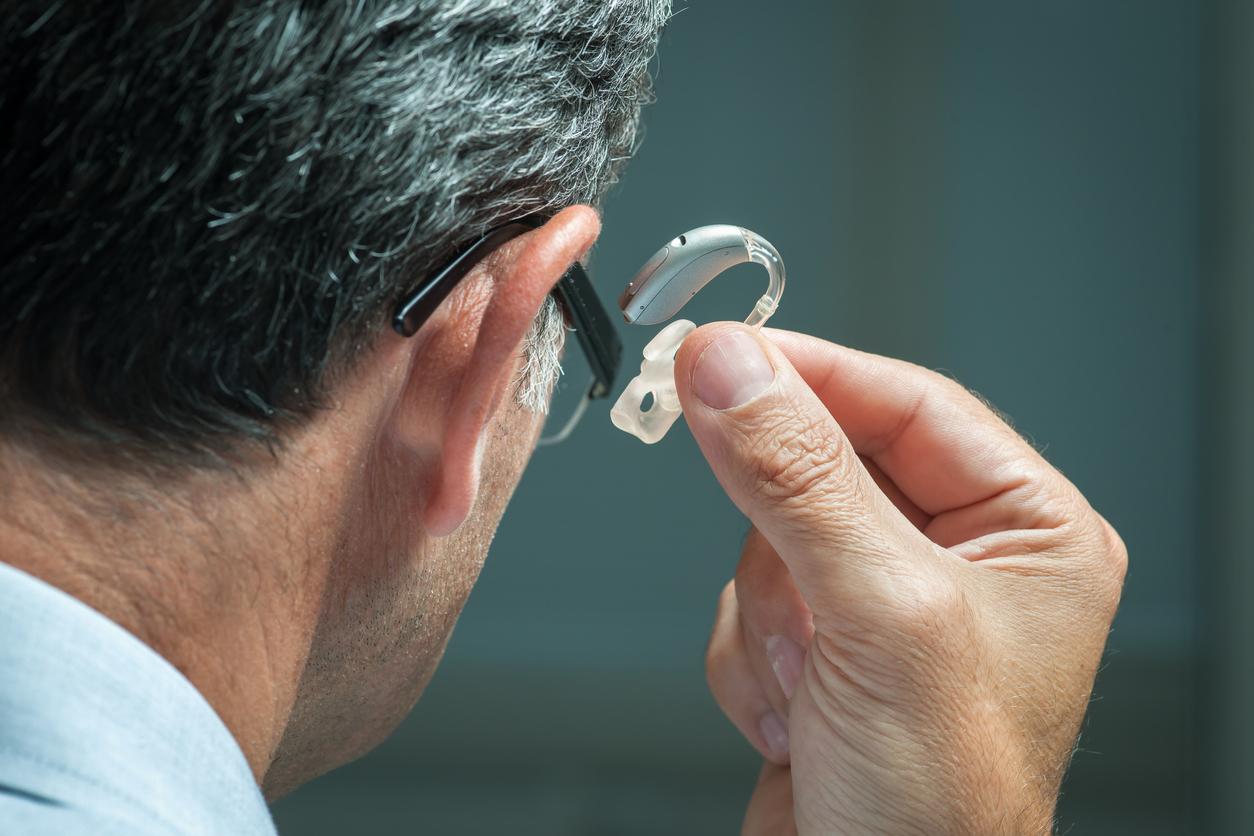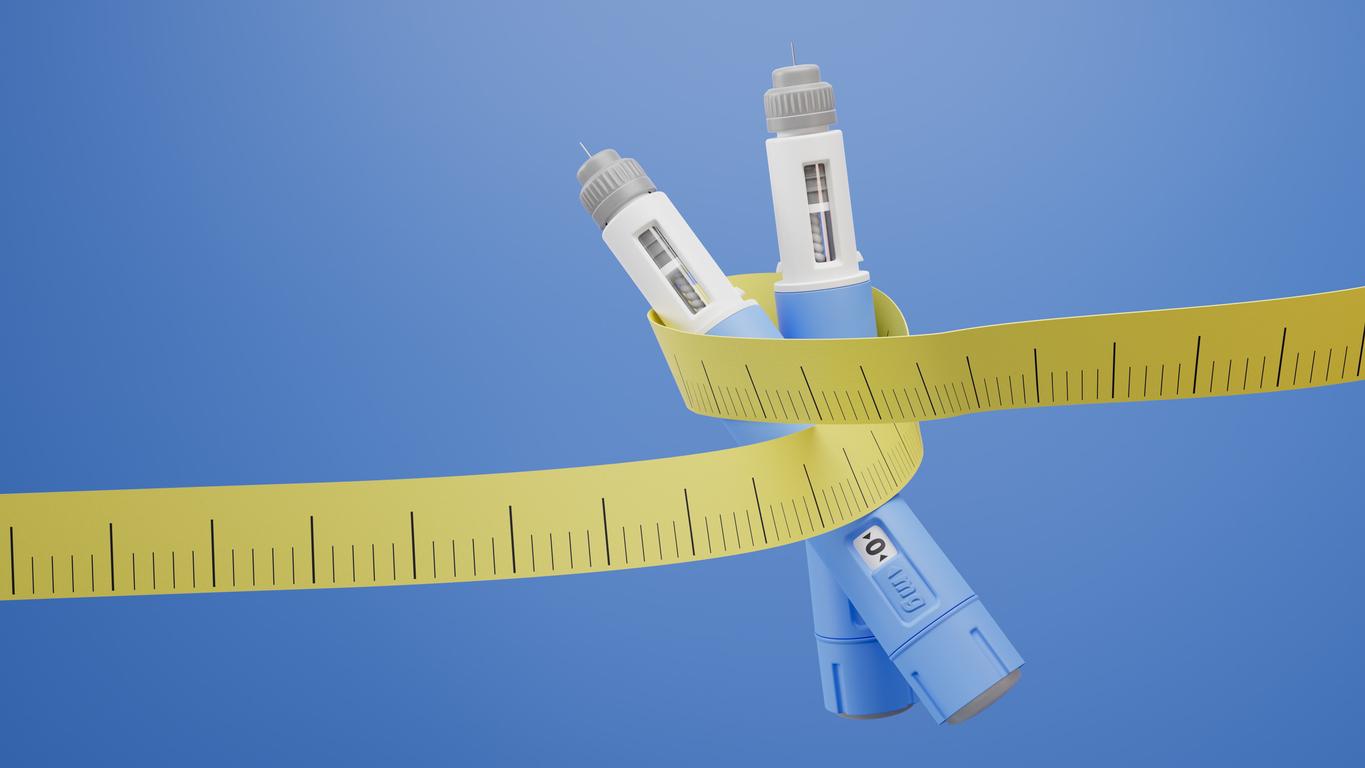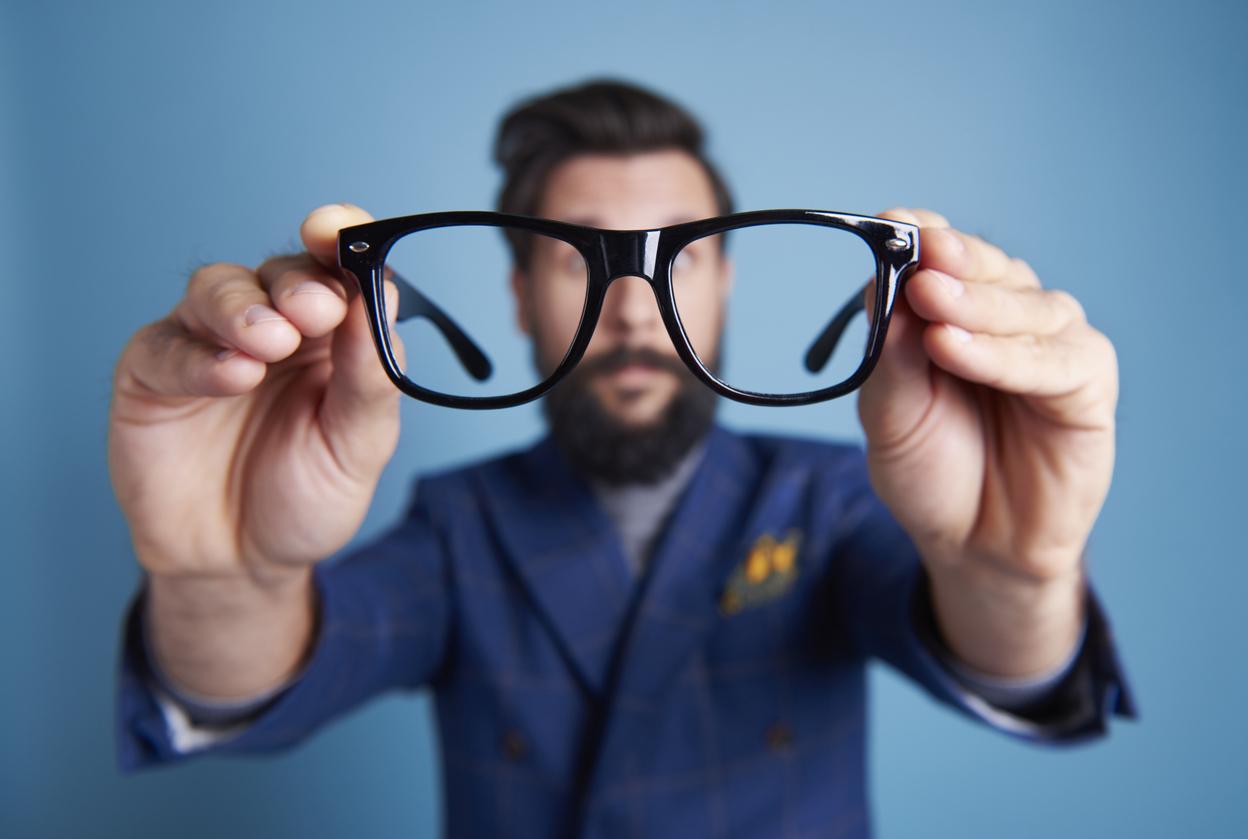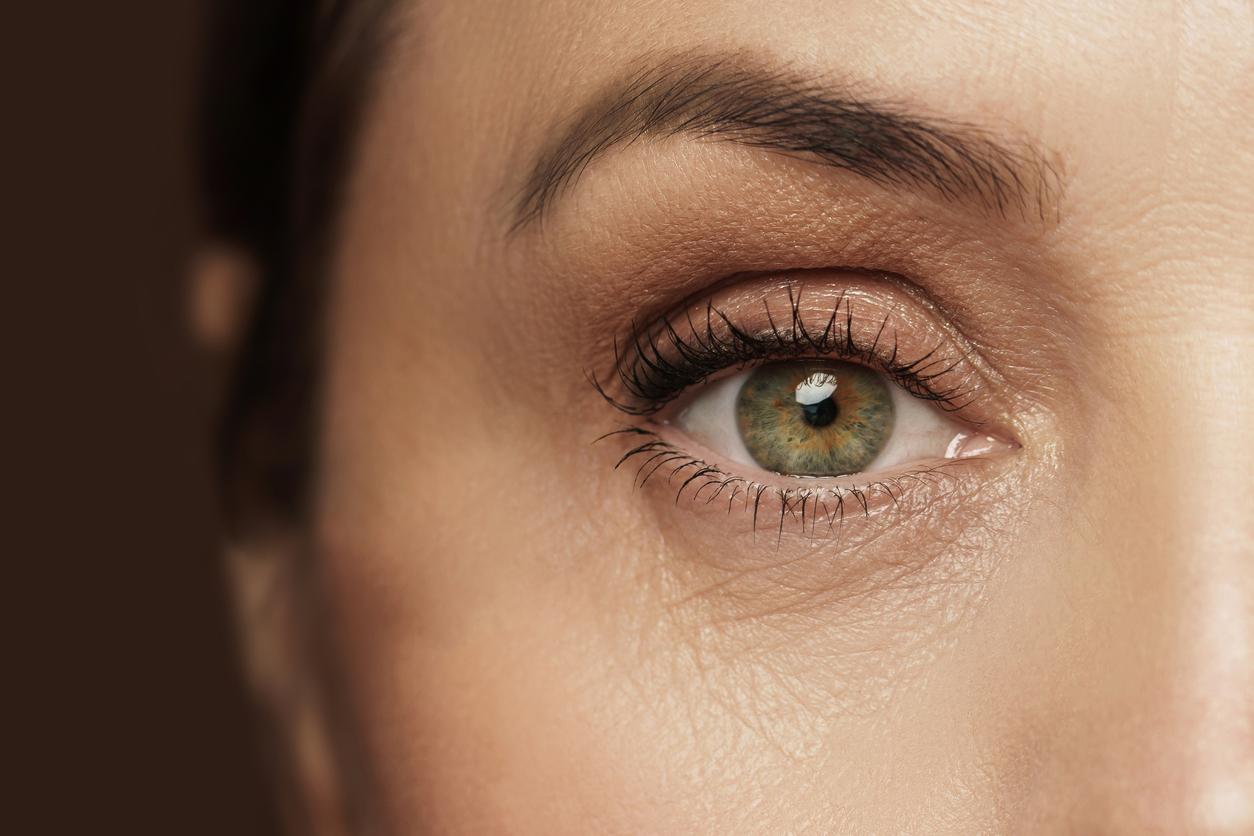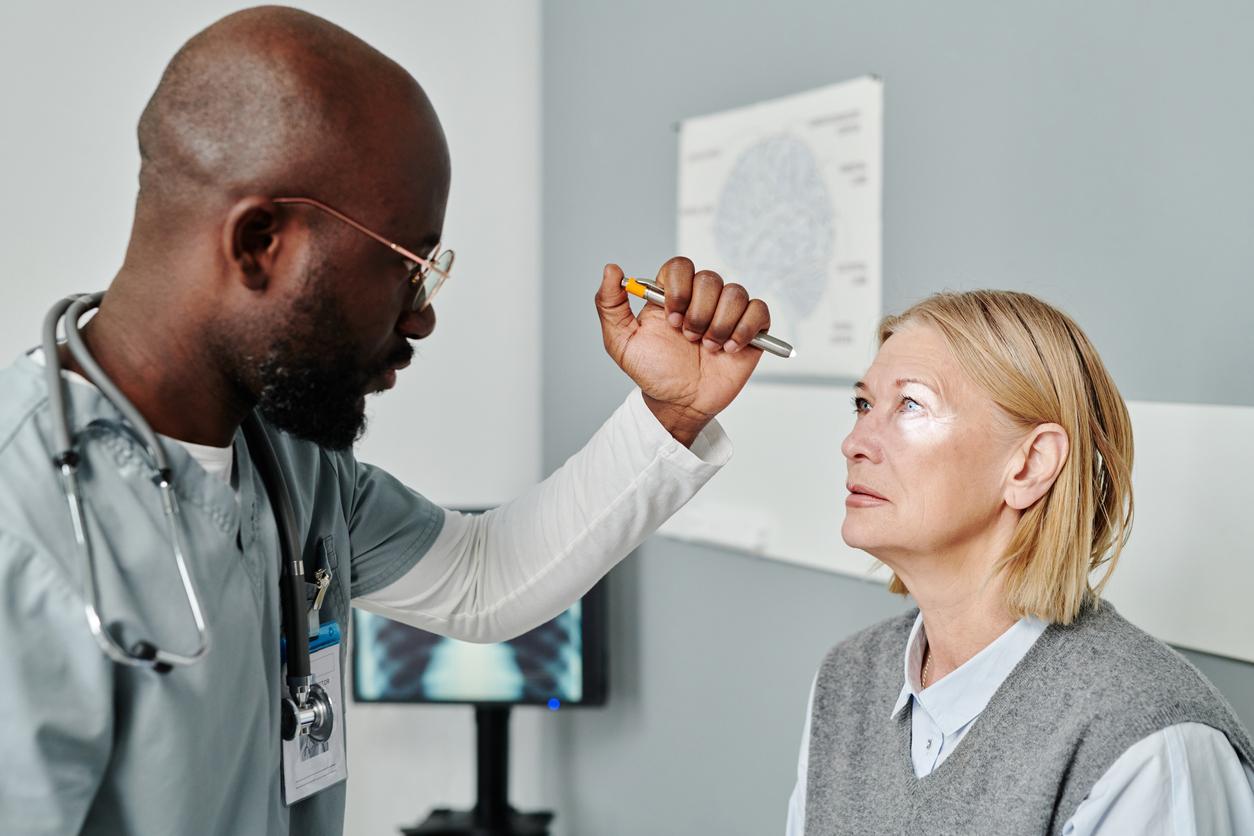Will patients with blindness soon be able to recover their sight with a bionic eye? Second Sight Medical Products, a leader in retinal prostheses for people with blindness, strongly believes in it. The company is right to be optimistic, since the Argus II technology has just received approval for partial public funding in the United States.
This revolutionary retinal prosthesis has already been reimbursed in Germany and Italy for 3 years. With the United States, a vast market is opening up and with the prospect of being able to help thousands of patients suffering from retinal diseases.
Argus II is a kind of bionic eye that is currently aimed at people with retinitis pigmentosa, a genetic disease of the eye that gradually destroys cells in the retina. People with this disease have damaged photoreceptors unable to transform light into images. The Argus II, composed of a prosthesis implanted around and inside the eye as well as glasses, helps restore certain visual forms. Equipped with a video camera, the smart glasses retransmit information to the implant via a wireless connection. The electrical impulses obtained are then sent to the remaining cells of the retina and then retransmitted to the optic nerve, creating luminous shapes. In practice, the patient is taught to interpret these images in order to regain a certain autonomy.
Although the prosthesis is available in certain European countries, it has not yet received market authorization from the ANSM (National Agency for the Safety of Medicines and Health Products). “The reimbursement approval for the Argus II bionic eye in the United States proves […] how important this technology is to patients affected by […] retinitis pigmentosa. We hope that patients in France will also be able to access the only treatment approved in the world by the FDA (food and drug administration, the American drug agency, note) and the European community “, hopes Professor José-Alain Sahel, president from the ophthalmology department at the Quinze-Vingts National Hospital of Ophthalmology, in Paris, interviewed by BFM TV.
Research to cure diseases of the retina is advancing rapidly. A recent study successfully tested a sensory substitution system, which allows neurons to reconstruct an image from a sound.








